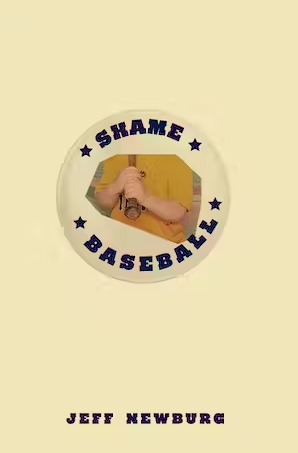We all need to be understood.
Sometimes, that’s as simple as being listened to.
Artists often come to me with a history of feeling “missed” by those around them. And so sometimes needing to be understood looks like knowing the person in front of you has walked the same road.
I have a background as a visual artist and musician. Most of my professional work before becoming a therapist was as an actor and writer. I continue to practice as an artist.
Artists are different.
We all have a creative side; as an artist, I work collaboratively with that side in all my clients.
However, the heightened sensitivity required to work as an artist can open us up to more emotional pain. This sensitivity can feel like a liability.
Different is good.
In working to mindfully experience our emotions, rather than numb, bottle up, or spiral, we can work through our feelings rather than being tossed around by them.
We can learn to reclaim our sensitivity for what is – a fuckin’ superpower.
You can cope with being different.
And you can be excellent without your trauma or harming yourself.
The tortured artist is a harmful myth. You don’t need to lose your sensitivity to live without your trauma; we’ll need all your sensitivity in that reprocessing work.
Your demons don’t need to be exorcised, even though you can’t ignore them. Your pain needs our mindful attention and experience.
Numbing past pain doesn’t get you anywhere, let alone get you to expressiveness in your work. It’s right there in the language: numb does not compute to expressive.
As an artist, I understand your frustration, and we can work together to help you maintain your artistic passions while learning to reprocess the emotional responses to the trauma you feel. Our work begins with you contacting me today.
Acting reel and writing accomplishments:
 Shame Baseball, a novel by Jeff Newburg
Shame Baseball, a novel by Jeff Newburg
Plot tease:
For years, John has served as a pastor to a socially progressive church of artists in Los Angeles. Cloistered in this bubble, he was floored by the outcome of the 2016 election, a shock that continues to compound.
Waking to how entwined American Christianity has become with anti-Christ ideologies, seeing that even his own “inclusive” community propagates shame while preaching love, John resigns from the church. He flees – LA, his wife, his entire web of relationships, all of which were glued to the church.
As John sets out on this wandering road trip, he seeks to fathom the depths of his own complicity in systems of abuse, his own shame, by writing to his father, the conservative evangelical. In journaling, John hopes to discover what relationship could exist between this unbendingly legalistic man and the first authentic self he’s ever shown.
On this walkabout, John logs new and old friendships, adventures, and traumas that push him to sublime joy and his faith to the brink. In his writing, John begins to make sense of his swirling present and complicated past to see if he might reconcile with all those relationships he fled. He sketches what of his faith might remain after the deconstruction – a Heavenly Father untangled from his earthly one, what of God is left after shame is gone.

